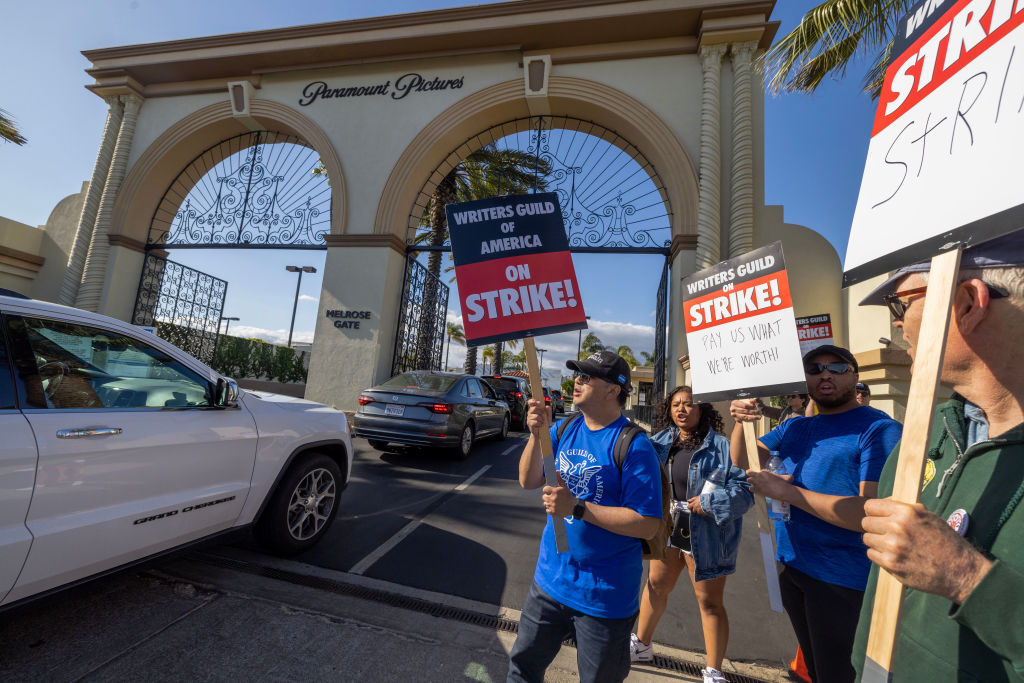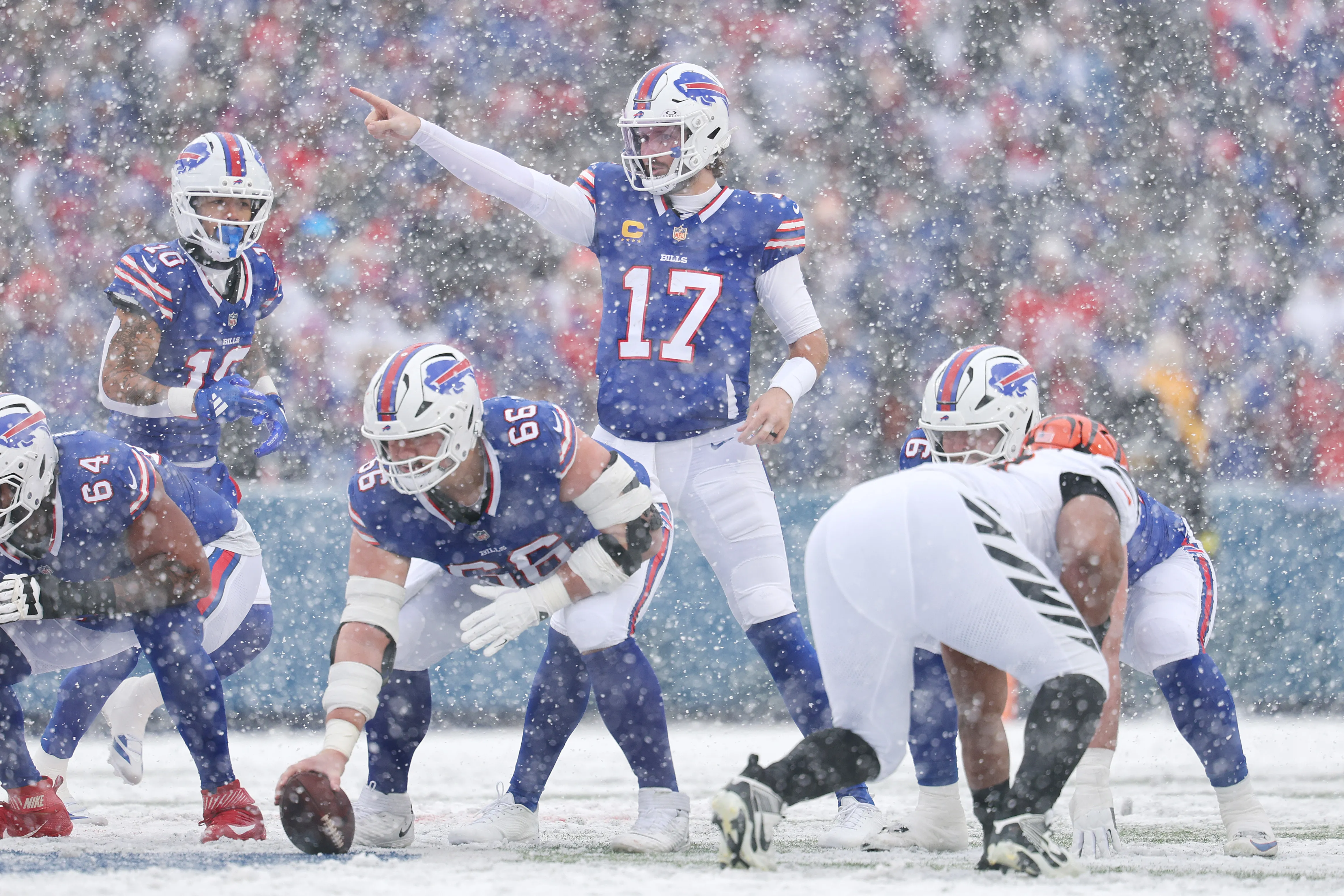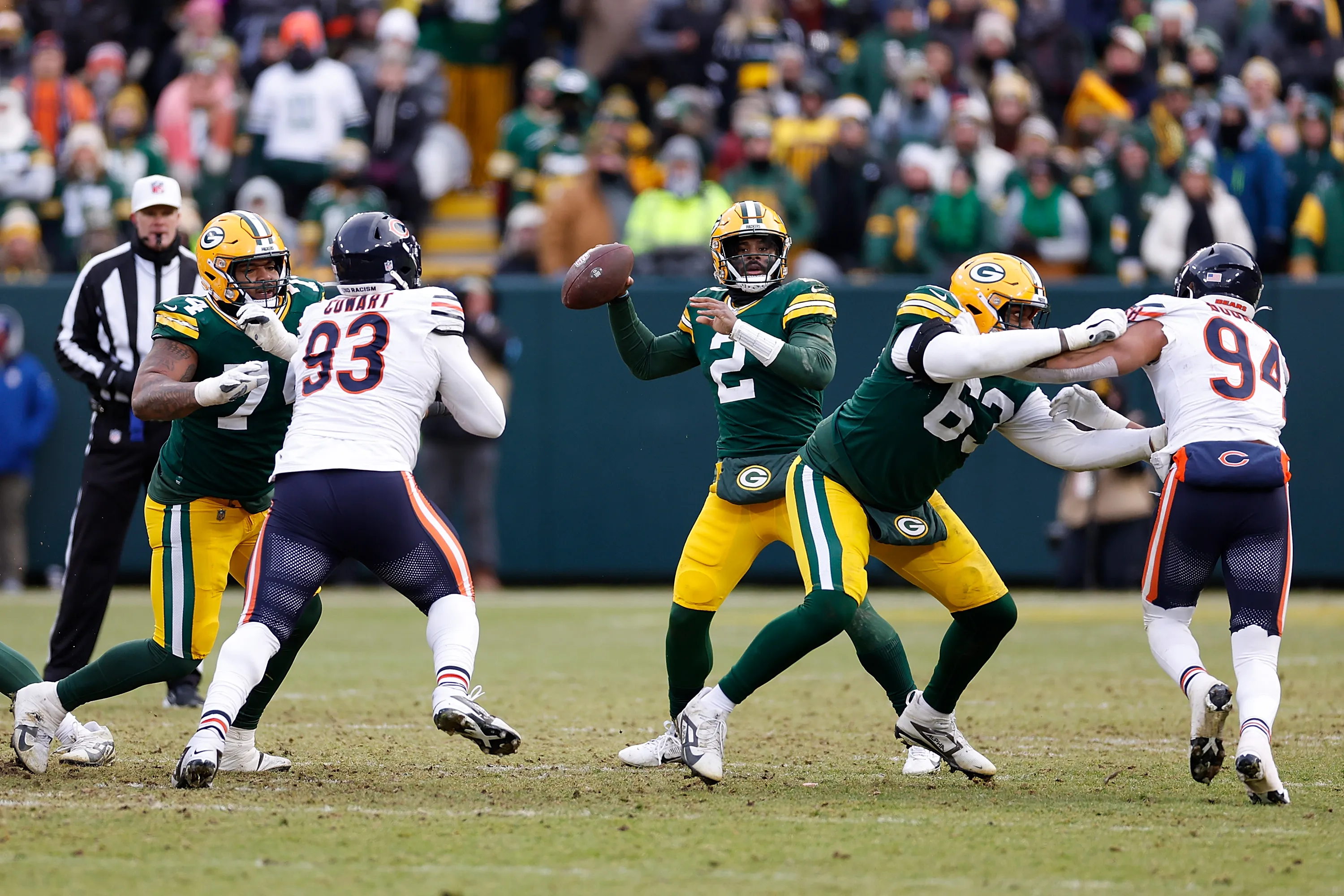I just spent the last four years studying how to play make believe and despite my parent’s lack of faith, I am already putting those hundreds of thousands of dollars to good use.
You may have seen around the internet over the past couple of days that there is officially a strike in Hollywood as the Writer’s Guild of America (WGA) has demanded better compensation. Despite the media attention, I feel that the majority of the public has no idea what this strike is truly about or the consequences it may bring. So, in an effort to prove that my degree isn’t worthless (I know it is just let me have this), I will pretend as if I am a respected part of the entertainment industry and condescendingly explain what is going on in Hollywood.
First things first, I know I’ve said “in Hollywood” a bunch now, but this isn’t just going on in Los Angeles. The writer’s strike is nationwide as the entire union of writer’s is demanding better pay. Basically, in entertainment there are guilds (pretentious unions) that help protect those working in the industry such as actors, writers, directors, and more. These guilds settle on contract requirements that must be met by all employers across the country. What’s going on right now is that the WGA’s contract expired May 1 and they have refused to sign a new contract until better compensation is outlined.
So what does “better compensation” mean? No one knows exactly, but the main concern from writer’s is about residuals. For anyone born after 2006, residuals are payments that go to people who worked on television shows every time that show is aired. The problem is that now with the prominence of streaming services, residuals are beginning to fade away (except for Friends and Impractical Jokers, those guys are still killing it). The lack of residuals may seem negligible to some, but in an industry where you never know where your next paycheck is coming from, residuals were the one consistent aspect of a writer’s career that could help sustain them until they found their next project. So while the WGA can’t demand to receive residuals from streaming services, they are going to need to figure out some way to compensate for the difference.
There is absolutely no timetable for this strike. The last time the WGA went on hiatus was November 5, 2007. It lasted exactly 100 days and ended February 12, 2008. That said, that strike had nothing to do with current day and no one can truly predict when it will be over. It could be tomorrow or a couple of months, maybe even a year (my guess is three months, no reasoning just a feeling).
So what does this mean for you at home? Not much right now. Late night shows such as The Tonight Show, Saturday Night Live, The Late Show with Stephen Colbert, and Jimmy Kimmel Live! have decided to air reruns until an agreement can be reached, but other than that things should be relatively unchanged… for now. Projects in production will remain in production and those finished and set to be released in the near future should be kept on track, however nothing new will come in until the dust settles. That means if the strike lasts a while and networks run out of fresh content, we could be seeing a whole slew of reruns. Is this likely? Probably not, but again no one has any idea.
What I can confidently say is that you should in no way be upset with the writers. They aren’t lazy or tired or “just playing the victim,” they truly are the victim. Getting to where they are was a battle in its own right, now they have the impossible job of entertaining all of the vastly diverse sectors of America and deserve to be paid a living wage. Without the WGA we wouldn’t have any of the programs that help us survive our daily lives. So let’s pray for the WGA and that this strike ends soon because if all I have to watch in six months is Everybody Loves Raymond and King of Queens reruns, someone is going to get seriously hurt.





